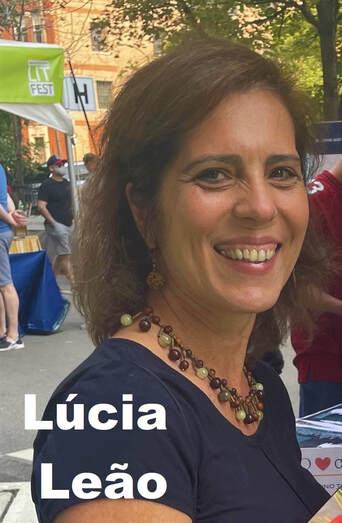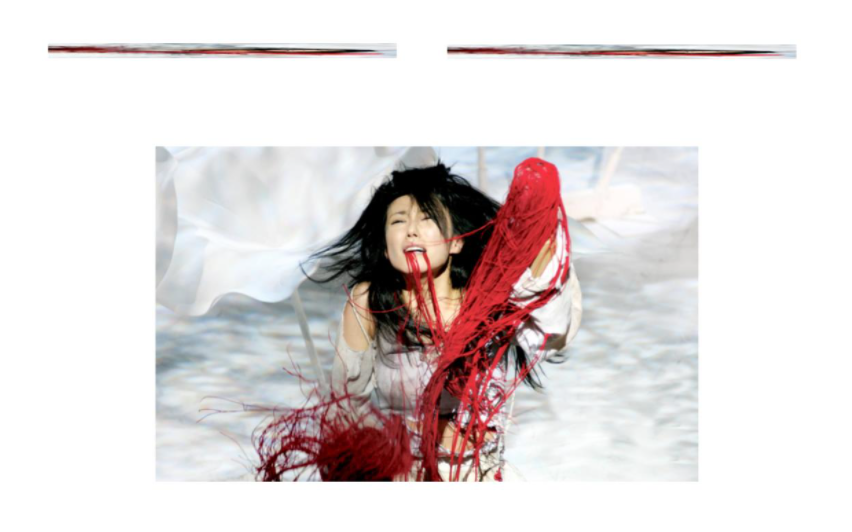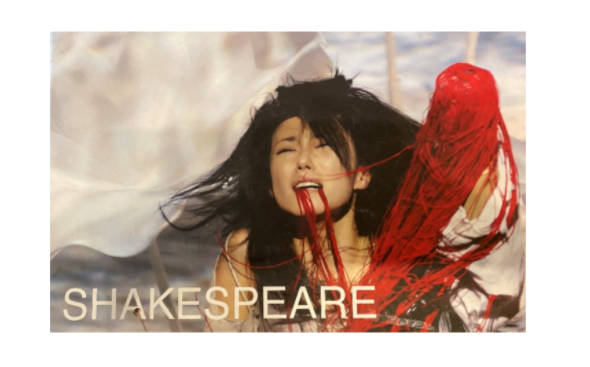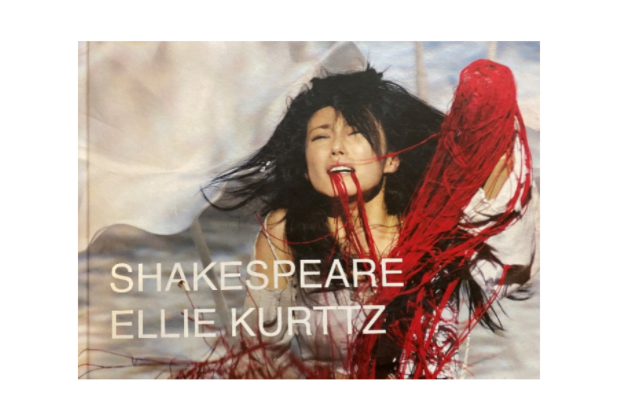|
It was an interesting coincidence that Leão talks about Yukio Ninagawa, a Japanese theater & movie director, in her essay.
Recently, one of Ninagawa's productions had its final show. He created Saitama Gold Theater with only actors who were over fifty-five years old. Due to the pandemic and declining number of performers over recent years, the company officially closed. Ninagawa is best known for adapting Shakespear plays into Japanese and fusion cultures. Here is one example on YouTube of his production of Hamlet. There are translations in Chinese and English; however, the actors perform in Japanese. Their stage sets and costumes are deeply influenced by Japanese traditions.
The majority of Japanese people were not familiar with Shakespear until Tsubouchi Shōyō translated all the collections from 1909 - 1930. Some of his translations have free online archives available at Aozora Bunko. So in Japan, Shakespear is considered "new" reading. Many people do not have the opportunity to read Shakespear in its original English, but they seek life answers from translations. I also did not know that Tsubouchi spent his childhood in Nagoya, my home city. (Borrowing Leão's words, I had never researched - - until now.) In addition, he was one of the first to highlight the differences between European and Japanese writing styles. He explained European key writers such as Homer and Dante. Tsubouchi also wrote a textbook of English Literature 101 contrasted with Japanese writing history. "I had never researched - - until now..." This is what I want to achieve with Working on Gallery. A curious dot guides the us to unknown, large reflections. I met Lúcia Leão in Miami when SWWIM hosted their monthly poetry reading event at the Betsy. She helped me order a magically tiny emerald-like key-lime pie and a small porcelain cup of coffee in Little Havana. I indeed felt like Alice in Wonderland. There, people often speak both Spanish and English, switching flawlessly between each. I witnessed how Leão's writing reflects this fusion culture. This w-place By Lúcia Leão I often feel that writing poems takes me to the theatre. The morning I was imagining this piece, one image caught me. It had been laying on top of a chest of drawers in my bedroom for years. It would not leave me. My eyes traveling around it, thinking − Graphic? Appealing? Flowing red strips made of silk, so scarlet I had to look for wounds. It seemed it was not by chance that the mouth and the hands exposed the hurt. Places of words and writing. Eyes facing grief. Trying – able? – to stay with the movements of meanings. The photo is on the cover of a book. It is from a Japanese production of Titus Andronicus, by William Shakespeare. Directed by Yukio Ninagawa, designed by Tsukasa Nagagoshi, Royal Shakespeare Company, 2006. This is Titu’s daughter, Lavinia. She suffered a kind of violence we can and cannot absorb from this picture. Blood has been replaced by silk, to soften the horror, to increase it. My mind recalls Artaud and traps me there. Where to go with this? The page as the stage. A flow of words being held and escaping. A corridor opening to many. I am still looking at the picture, my eyes in a curious fashion, with hers. There is no tongue. There are no fingers. I am an explorer. It is a tragedy. And this, not an exit sign: A name under Shakespeare not familiar to me. But of course, the photographer is Brazilian. My roots not a point of departure but of a meeting. She lives in London, not in Brazil. The traveling eyes and the traveling mind continue. It was in a bookstore in Rio de Janeiro that a friend and I got together, both by then foreigners in our city of origin, drunk on the joy an antique friendship releases. About to leave, she bought me the book, gift-wrapped it. The cover a postcard I kept of a time, of the craft of theater. I had never researched the photographer or the stage designer, until now. London, Rio, Japan, the places where I am – restart and mix. Pain, cruelty, hatred, and love – subtitles that move. They walk on the surface where the names stay. This is more than a postcard. But the leap to graphic poetry seems to be missing. In the play, Lavinia is able to grab a staff, put it in her mouth, and write on the sand the names of the people who had harmed her. There is a deeper wound the photo doesn’t show. While approaching this frame, I was drawing myself close in the process of her, sentences brushing against sensations, opening air. Papery silky strips in this w-place. The leap missing. But first we circle, select, gather, leave behind pieces. Lúcia Leão is a translator and a writer originally from Rio de Janeiro, Brazil. Her
poems have been published in South Florida Poetry Journal, SWWIM, Gyroscope Review, Chariton Review, Harvard Review Online, among others. Her work is included in the anthology Grabbed: Poets and Writers on Sexual Assault, Empowerment & Healing, edited by Richard Blanco, Caridad Moro, Nikki Moustaki and Elisa Albo. Lúcia has been living in Florida for twenty-five years. |
Archives
July 2024
|
フジハブ
Welcome to FUJI HUB: Waystation to Poetry, Art, & Translation. This is not your final destination. There are many links to other websites here, so please explore them!
Welcome to FUJI HUB: Waystation to Poetry, Art, & Translation. This is not your final destination. There are many links to other websites here, so please explore them!
What are you looking for?
FUJI HUB Directory
Popular Sites:
Gallery of Graphic Poems
Working On Gallery
(Monthly New Article by Writers & Artists)
About Naoko Fujimoto
Contact
Naoko Fujimoto Copyright © 2024
FUJI HUB Directory
Popular Sites:
Gallery of Graphic Poems
Working On Gallery
(Monthly New Article by Writers & Artists)
About Naoko Fujimoto
Contact
Naoko Fujimoto Copyright © 2024







